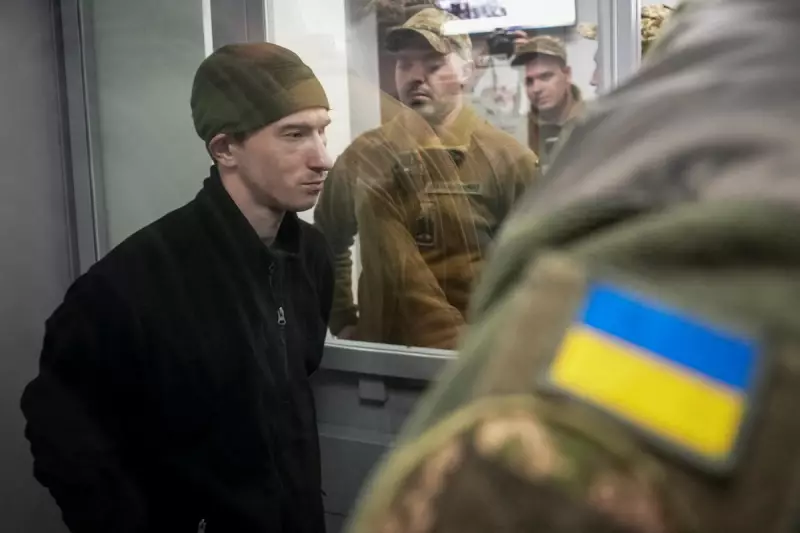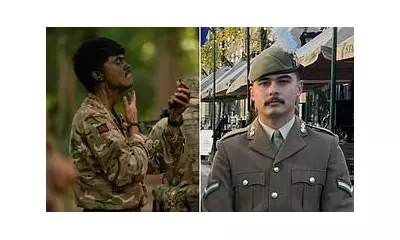
In a landmark ruling that underscores Ukraine's determination to pursue justice for wartime atrocities, a Ukrainian court has delivered a powerful verdict against a Russian military commander accused of horrific abuses against prisoners of war.
The Case Against Commander Kurashov
Dmitry Kurashov, a Russian military commander, faced serious allegations of brutal treatment towards Ukrainian soldiers captured during the ongoing conflict. The court heard compelling evidence detailing the inhumane conditions and psychological torment inflicted upon POWs under his command.
The evidence presented painted a disturbing picture of systematic abuse, with Ukrainian prisoners subjected to conditions that violated international humanitarian law and basic human dignity.
Groundbreaking Legal Proceedings
This trial represents one of the first major cases where Ukraine has prosecuted a Russian commander for war crimes committed during the current conflict. The proceedings were conducted in absentia, as Kurashov remains at large, but the symbolic importance of the verdict resonates deeply.
Legal experts are describing this as a watershed moment in holding military leaders accountable for crimes committed against captured combatants.
International Law and Accountability
The 15-year sentence sends a clear message that Ukraine will pursue justice for violations of the Geneva Conventions, regardless of the perpetrator's current location. This case establishes an important precedent for future war crimes prosecutions.
Ukrainian authorities emphasized that this ruling demonstrates their commitment to upholding international law and ensuring that those responsible for wartime atrocities face consequences for their actions.
Broader Implications
This verdict comes amid numerous allegations of war crimes committed by Russian forces in Ukraine. While many investigations are ongoing, this particular case stands out for targeting a commanding officer rather than lower-ranking soldiers.
The successful prosecution, even in absentia, provides hope for victims and their families that justice can be achieved despite the challenges of wartime jurisdiction and the difficulty of apprehending suspects.





